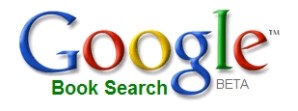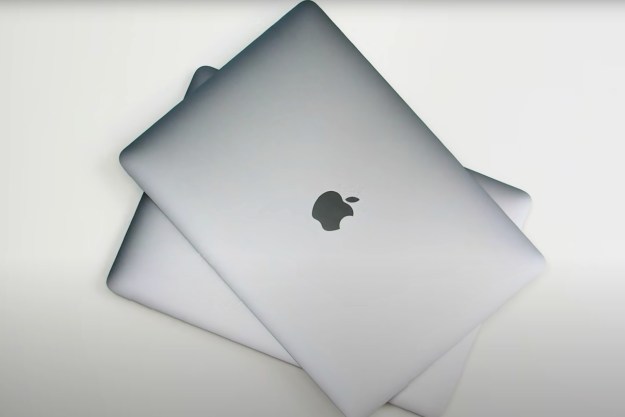
Federal judge Denny Chin has rejected a proposed settlement between Internet titan Google and the publishing industry that would have granted Google a monopoly for digitizing so-called “orphan works,” or books which are still in copyright but for which no author or rights-holder contact information is readily available. Under the controversial settlement plan—known as the Amended Settlement Agreement or ASA— Google would have paid some $125 million and set up a system that would enable rights-holders of orphan works to register with Google and get paid for the use of their work. Judge Chin dismissed that notion, finding that authors’ and publishers’ copyrights completely trump Google’s non-existent right to scan their work, make it available to the world, and earn money by positioning ads around it. Perhaps more important to Judge Chin, however, was that the settlement would give Google a practical monopoly on the book search market.
The controversy over Google Books started almost as soon as Google quietly became its book-scanning project back in 2004. The stated goals of the project are laudable on their face: make digitized copies of books and printed material that, in many cases, is inaccessible to most of the world and mouldering away in libraries, and make that content searchable and accessible to the whole world via the Internet. Google’s Sergey Brin has characterized the Google Books project as a way to secure humanity’s treasure-trove of knowledge from catastrophes like the burning of the Library of Alexandria—Google Books would not only preserve information, but make it more widely available than at any point in human history.
However, various coalitions of authors, publishers, and rights-holders—as well as Google competitors—immediately attacked Google Books, noting that Google had not obtained permissions from rights holders to digitize and distribute content. Google worked with the initial collection of opponents—many of whom have conflicting interests themselves—and announced a settlement in 2008 that would enable Google to continue scanning books. The proposed settlement drew still more fire—including objections from the U.S. government, and an Amended Settlement Agreement (ASA) was announced.
The ASA was controversial because it would essentially leverage class-action law to grant Google an exclusive right to scan and distribute in-copyright works. Although authors and rights holders would be able to register with Google to receive royalties for the use of their material—or opt-out entirely—the deal placed the onus on rights holders to pro-actively protect their rights. Moreover, if another company—say, Google or Amazon—wanted to get into the book scanning business, the ASA would prevent it: those companies would have to start over at step one and reach some arrangement of their own before they could even think of trying to compete with Google.
In rejecting the ASA, Judge Chin mostly focused on the anticompetitive aspects of the ASA, noting it would “arguably give Google control over the [book] search market.” Google—and Google alone—would have a special immunity from copyright law to scan, index, and distribute orphan works, while competitors would have no such capability.
However, Judge Chin was not unaware of the copyright implications of the ASA.
“A copyright owner’s right to exclude others from using his property is fundamental and beyond dispute,” Judge Chin wrote in his ruling. “Under the ASA, however, if copyright owners sit back and do nothing, they lose their rights. Absent class members who fail to opt out will be deemed to have released their rights even as to future infringing conduct.”
Google has not yet formally responded to Judge Chin’s denial, although statements distributed via email by Google spokespersons indicate the company is disappointed and reviewing the ruling.
At this point, Google could choose to appeal the ruling and work to have the ASA approved—it was, after all, the result of several years’ negotiation with a diverse set of players—or go back to the drawing board and try to come up with another solution.
Judge Chin’s ruling implies that he would be more inclined to approve a settlement that applied only to authors and rightsholders that chose to accept it. However, being able to digitize only books for which Google can get express permission is precisely what Google was hoping to avoid.
The full text of Judge Chin’s ruling is available via Scribd.
Editors' Recommendations
- Why Samsung’s answer to the MacBook Pro can’t quite compete
- The best MacBook to buy in 2024
- MacBook Pro OLED: Here’s everything we know so far
- This 13-inch MacBook Air deal cuts the price by $150
- Best laptop deals: Save on the Dell XPS 14, MacBook Pro 16 and more


